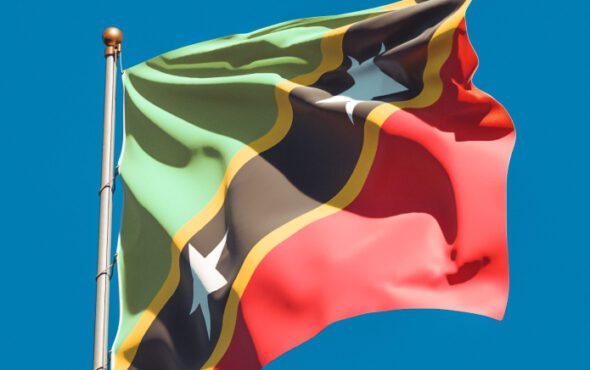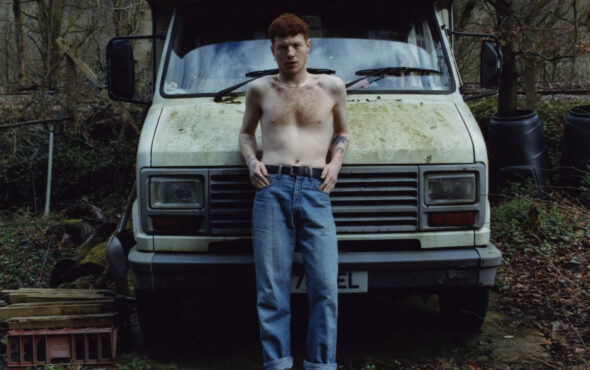
The colonial-era law banning same-sex relations in Saint Kitts and Nevis has been overturned in a “landmark” ruling for the Caribbean country.
On 29 August, the Eastern Caribbean Supreme Court upheld a motion by Jamal Jeffers, a gay man who challenged sections 56 and 57 of the Offences Against the Persons Act, which criminalised acts of “buggery” and “unnatural offences”.
The court struck down two offending sections of the act, one of which reads: “Any person who is convicted of the abominable crime of buggery, committed either with mankind or with any animal, shall be liable to be imprisoned for a term not exceeding ten years, with or without hard labor.”
In his judgement, Judge Trevor Ward said sections 56 and 57 are “not reasonably justified in a democratic society in circumstances where they proscribe sexual acts between consenting adults in private, which involve no element of public conduct or harm to, or sexual acts, with minors.
“To the extent that it criminalises the private lives of gay persons in this year, the law is excessive and arbitrary.”
Ward added: “Section 56 of the act shall be read as if the words ‘This section shall not apply to consensual sexual acts between adults in private’ were added at the end of the section.”
Luisa Cabal, UNAIDS Regional Director for Latin America and the Caribbean, praised the “landmark ruling” and hailed it as an “important step forward in ensuring equality and dignity for the lesbian, gay, bisexual and transgender community in St. Kitts and Nevis and the whole Caribbean.”
“Today, St. Kitts and Nevis joins a growing list of Caribbean nations that have overturned these colonial-era laws that deny people’s human rights and hold back the response to the HIV pandemic. Everyone benefits from decriminalisation,” she explained.
Kenita Placide, executive director of the Eastern Caribbean Alliance for Diversity and Equality (ECADE), said: “This is a transformative journey and a step to full recognition of LGBTQ persons across the Organisation of Eastern Caribbean States. An affirmative decision means a yes to privacy and a yes to freedom of expression.”
The court’s verdict came into immediate effect. Earlier this year, the same court overturned sodomy laws in Antigua and Barbuda.
Maria Sjödin, executive director of global LGBTQ rights group OutRight Action International, said we’re currently “witnessing a historic moment in the Caribbean in which antiquated, colonial-era laws are being challenged and struck down.
“We are awed by the strategic persistence of activists in the region who are leading the charge to ensure that human rights are advanced and that discriminatory, outdated laws like this are overturned. Hopefully, the remaining countries in the region and beyond will follow.”
There are still seven countries in the Caribbean that criminalise gay sex between consenting adults: Barbados, Dominica, Grenada, Guyana, Jamaica, St. Lucia, and St. Vincent and the Grenadines.



